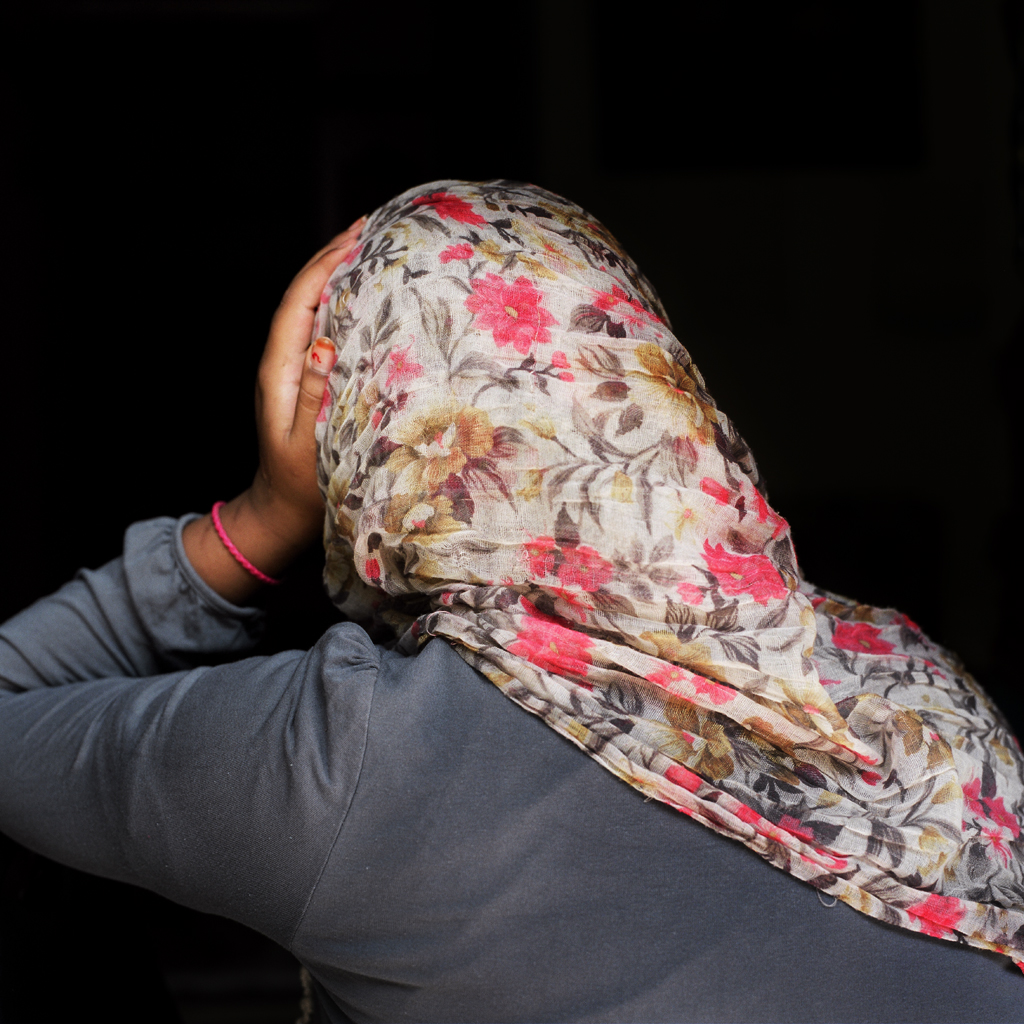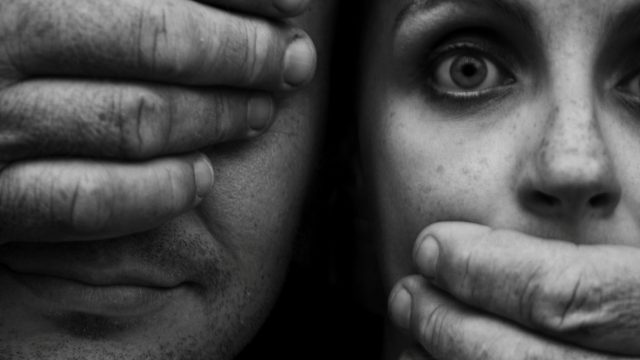
According to data from the Gender Center, the most common form of punishment for the perpetrators of domestic violence in the Federation of Bosnia and Herzegovina (FBiH) is conditional sentencing, even though this type of punishment opens up the possibility for the perpetrator to commit additional violent crimes.
According to data from the Gender Center, the most common form of punishment for the perpetrators of domestic violence in the Federation of Bosnia and Herzegovina (FBiH) is conditional sentencing, even though this type of punishment opens up the possibility for the perpetrator to commit additional violent crimes.
According to data collected from 2006 to 2015 by the Cantonal Ministry of Internal Affairs, there were 15,813 recorded cases of domestic violence in FBiH, of which only 8,007 cases were reported.
According to annual statistics collected by the Gender Center, which operates under the auspices of the Government of FBiH, the victims of domestic violence are, in most cases, women, while in as many as 97 percent of cases the perpetrators are men. The Center could not provide the statistics for 2017 as the local and cantonal institutions have not yet finalized their reports
Of the total number of municipal court convictions, which ranges from 300 to 400 cases between 2010 to 2016, the most frequent form of punishment for the perpetrators in 70 to 80 percent of the cases was conditional sentencing, which opens up the possibility for repeat offenses.
In 2016 alone, there was a total of 644 protective measures determined by the courts for the victims, while the number of protective order requests was 532, however. In the end, only 235 people were protected. Restraining orders are the most common form of protection, as well as the prohibition of harassment and stalking by the perpetrator.

At the end of December 2017 the Gender Center reported to the media that between 2,000 and 2,500 cases of domestic violence are reported annually in the FBiH, but according to the reports we from the same government institution there are an average 1,500 cases reported annually, which is 500 to 1,000 fewer cases than reported on by the Gender Center.
Safe houses are another form of protection for the victims of domestic violence. Victims can stay in these houses for free, however, they need a recommendation from the Center for Social Work and from the police. There are six safe houses in FBiH, but due to government negligence, they often experience periods of closure. In addition, safe houses are only available in major cities and are operating under the umbrella of NGOs. There is one safe house in Sarajevo, Zenica, Tuzla, Bihać, and two in Mostar.
The number of victims that stayed in safe houses in 2015 and 2016 is lower than in previous years. There were 264 victims in safe houses in 2015 and 245 in 2016. Women are also allowed to bring their children with them to these homes. In most cases, they stay up to one month.
With the help of the organizations that are managing the safe houses, the Gender Center launched an SOS phone number – 1265. This number is said to be the fastest way of responding and offering help to victims of domestic violence. The number of calls to the SOS line has seen a decrease from 2009 to 2016, with 2,978 calls in 2009 and only 654 calls in 2016.
The Balkan Diskurs Youth Correspondent Program is made possible by funding from the Robert Bosch Stiftung and the National Endowment for Democracy (NED).







